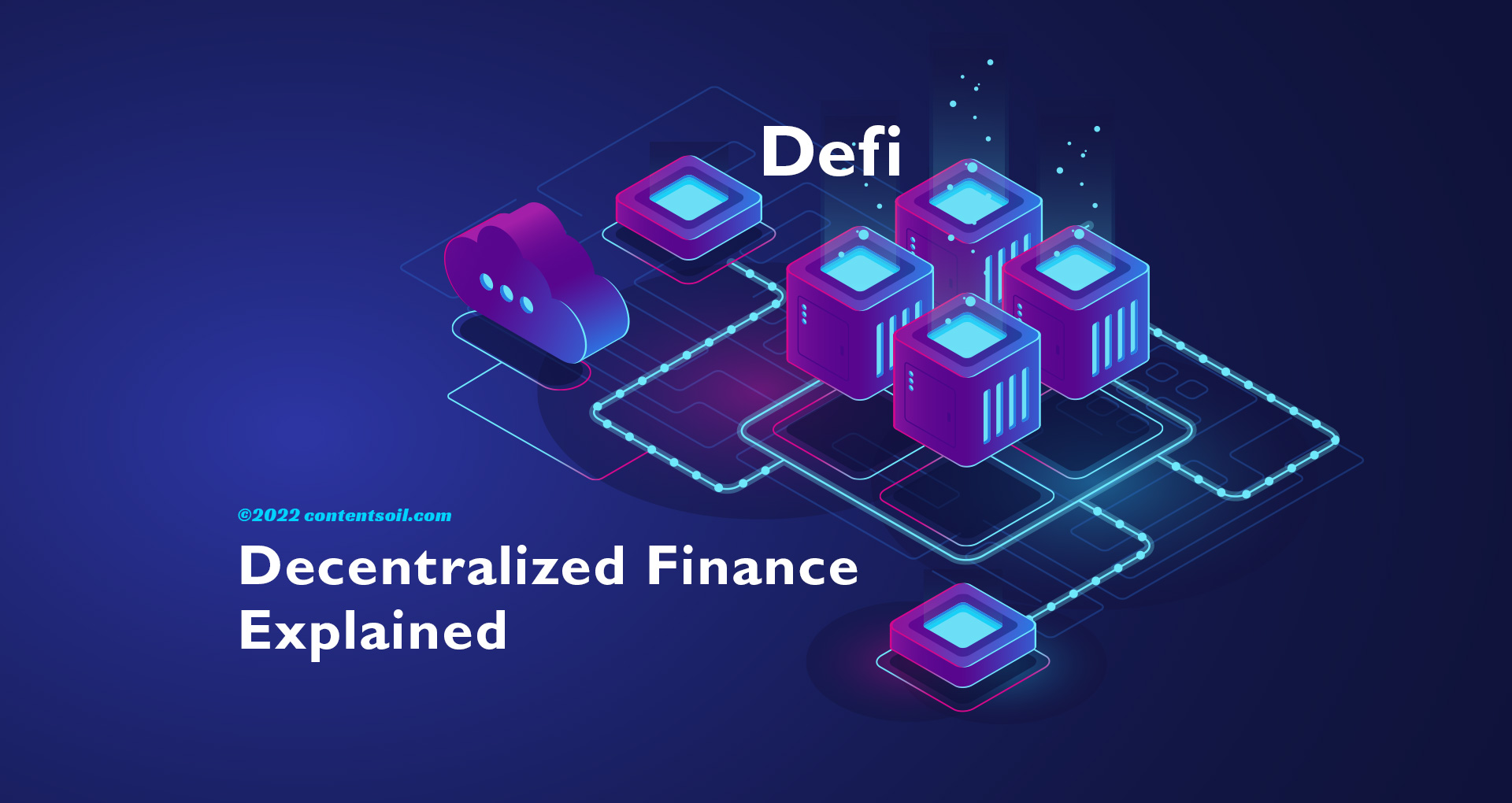In the era of technological advancements, decentralized finance, also known as DeFi, has emerged as a groundbreaking concept that aims to transform traditional financial systems. DeFi leverages blockchain technology to create an open and decentralized ecosystem, allowing individuals to have greater control and autonomy over their financial activities.
At its core, DeFi strives to eliminate intermediaries such as banks and financial institutions, enabling users to access financial services directly. This opens up a world of possibilities and benefits for individuals seeking seamless, transparent, and inclusive financial solutions.
One of the key aspects of DeFi is its utilization of smart contracts, which are self-executing digital agreements that automatically execute predefined actions when certain conditions are met. These smart contracts perform various functions, such as facilitating lending and borrowing, decentralized exchanges, and yield farming.
To start using DeFi, individuals first need a digital wallet that supports blockchain networks like Ethereum. This wallet acts as your gateway to the DeFi world, allowing you to securely store your cryptocurrencies and interact with decentralized applications (dApps). Popular wallet options include MetaMask, Trust Wallet, and Ledger.
Once you have a wallet, you can explore different DeFi platforms tailored to your specific needs. For instance, if you’d like to earn interest on your cryptocurrencies, you can consider lending or liquidity providing platforms like Compound or Aave. These platforms allow you to lock your digital assets and earn passive income through interest generated by borrowers.
Decentralized exchanges (DEXs) are another core component of DeFi, giving users the ability to trade cryptocurrencies directly from their wallets without the need for intermediaries. DEXs like Uniswap or SushiSwap utilize liquidity pools and automated market-making algorithms to enable secure and transparent token swaps.
It’s important to note that while DeFi offers exciting opportunities, it also comes with risks. As DeFi platforms are built on open-source protocols, vulnerabilities and bugs can be exploited. It’s crucial to conduct thorough research, understand the risks involved, and only invest amounts you’re comfortable with potentially losing.
Moreover, the DeFi space is constantly evolving, with new projects and innovations emerging regularly. Staying informed about the latest developments, following reputable sources, and engaging with the community can help you navigate and capitalize on the ever-changing DeFi landscape.
DeFi is revolutionizing traditional financial systems by fostering financial inclusivity, transparency, and autonomy. By leveraging blockchain technology and smart contracts, individuals can access an array of financial services, including lending, borrowing, trading, and more, without intermediaries. As with any financial endeavor, caution and research are vital, but the potential benefits and empowerment offered by DeFi make it an exciting and transformative space to explore.

